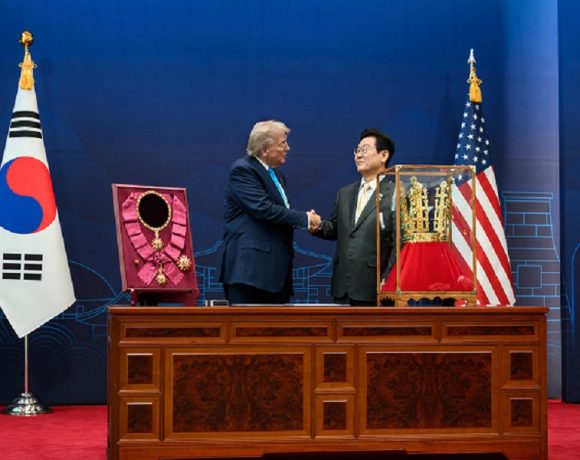
Trump Shrugs Off Tariff Pain, Says ‘Two Dolls Are Enough’
U.S. President Donald Trump has openly acknowledged that his aggressive tariff policies might lead to higher consumer prices and reduced access to imported goods, but he defended the approach as necessary for long-term economic stability. Speaking during a recent Cabinet meeting, Trump responded to concerns with characteristic bluntness: “Well, maybe the children will have two dolls instead of 30 dolls, and maybe the two dolls will cost a couple of bucks more than they would normally.”
The remarks come amidst growing domestic unease over the economic fallout of sweeping tariffs, particularly those aimed at Chinese imports. Under the current policy framework, tariffs of up to 145% have been imposed on a wide array of goods, from electronics to consumer toys. The administration argues that these steps are critical to re-shoring manufacturing and restoring U.S. industrial strength.
Trump Tariffs and Consumer Pain
The economic costs, however, are becoming increasingly visible. Retailers are reporting supply shortages and rising prices across sectors. Parents and small businesses are especially impacted as consumer goods face sudden markups and logistics delays. Critics of the tariff strategy say the administration is burdening the average American while providing no immediate relief or alternatives.
Recent economic data reveals a 0.3% contraction in the U.S. economy for the first quarter of 2025, raising concerns that continued tariff escalation could push the country into a broader slowdown. Still, Trump remains unfazed by short-term metrics, framing the current economic pain as the price of securing long-term economic independence from foreign manufacturing hubs.
Long-Term Vision vs. Immediate Cost
The Trump administration has remained steadfast in asserting that tariffs are not just a trade tool but a geopolitical lever. According to insiders, the aim is to signal U.S. economic resilience and to counteract China’s dominance in global supply chains.
While Trump’s remarks—especially the doll analogy—have drawn criticism for appearing dismissive of working-class struggles, supporters see them as part of a larger narrative that values American self-sufficiency over cheap imports. The message from Trump’s camp is clear: short-term sacrifice is a necessary step toward a stronger, more independent U.S. economy.
As the debate continues, Americans are left to decide whether two dolls—and a higher bill—are worth the promise of economic nationalism.


















